It’s that time of year again, when Aslan’s warm breath has unshackled Spring and sent it bounding in brilliant, drinkable blues and fresh, energizing greens. I don’t have a garden per se, but I do have a plethora of pots on my porch and a love of colorful blooms that I partially inherited from my mother. While lingering over some of my recently planted flowers, I had the random thought that writing and gardening share more commonalities than one might think.
1. If You Don’t Feed it, it Will Die
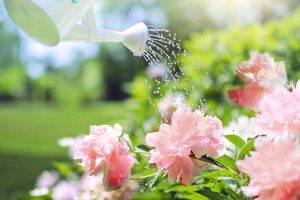
Even people who don’t garden know the basic fact that plants need water to live (or at least, I hope they do ;). Books and short stories also require words to thrive. This may seem obvious, but if I don’t sit down and write, my story ideas–however grand they may seem in my head–won’t live. They’ll remain sitting in my head, no good to anyone but myself. And I must keep writing, through the brain droughts and sentences that seem starved. I don’t have to write 3,000 words a day, but I must feed my new, fledgling stories with words–preferably a little every day–if they’re to grow and flourish.
2. Don’t Overfeed Them
I’ve thankfully (to my knowledge) never drowned a plant or overfed it with fertilizer, but I’ve heard horror stories from friends who have. Even the best intentions can go astray. It’s possible to overthink a story as well. When I revise the same paragraph thirty times within an hour (I might be overstating things a bit ;), or I can’t tell if the sentence would have been better as it originally was or is now, I know it’s time to step back and work on another project for a while. Even when I resume editing, it’s important to remind myself that there’s always more editing that can be done; no novel or work of art is or ever will be perfect. At some point I have to stop and let my baby go. I still haven’t learned when this is yet…
3. Let the Light In
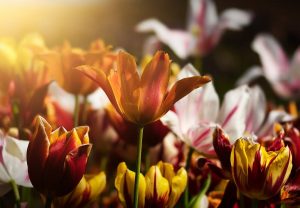
Plants would die without the warmth and light of the sun. Books too won’t reach their full potential without the advice of critique partners/beta readers. These new perspectives can shed light on areas of a book that should be elongated, clarified, or trimmed. I recently chatted with a friend who read my work in progress and shared some great ideas of how to make the beginning better. I never would have had considered these options without the ‘light’ of her ideas shining on my story.
4. Pluck Those Weeds!
Plucking overused, lackadaisical words in a story is more difficult than plucking out weeds or dead blossoms, but it must be done if the work is going to stand out among the thousands of other books in the world. I want my work to shine as bright as possible, so the extra work of returning to it time and time again with (basically) a microscope looking for those insidious, lazy words will be worth the work.
5. Not all Bugs Should be Eliminated
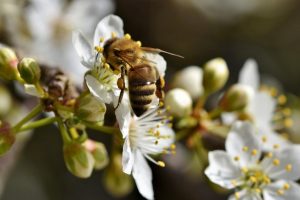
I’ve learned in my few years of gardening that it can be full of challenges! Last year I waged war on grasshoppers (and lost), spiders, and spider mites. Some of these bugs are detrimental to my plants and should be eliminated. But some bugs, like spiders, are actually good, whether for the plants or for those attempting to enjoy the great outdoors (eat those mosquitoes!). I’ve often run across ‘bugs’ in the form of scenes in my stories that needed to be ‘killed’ for various reasons. But other times, the ‘bugs’ I thought should be squashed were actually happy surprises in disguise. I never expected there to be dragons in one of my projects, but now I can’t imagine the work without them. Some bugs can be blessings in disguise.
6. They’re Both So Much More

Gardening is so much more than sticking a plant in the ground, sprinkling some water on it, and hoping it grows (as I’ve found out). Gardening is finding the right soil and home for the plant, making sure it has enough sun and water, feeding it, plucking the blossoms off, fending off the bugs that would destroy it, and bringing it inside when the temperature drops. Writing too is so much more than tossing words on a page. It requires research, outlines, editing, editing, and more editing, and more research about the right home for the work. But gardening and writing are both worth the hard work because of their ability to provide rich beauty and deep joy to others!
What hobbies do you enjoy? If you garden, what do you enjoy about it?
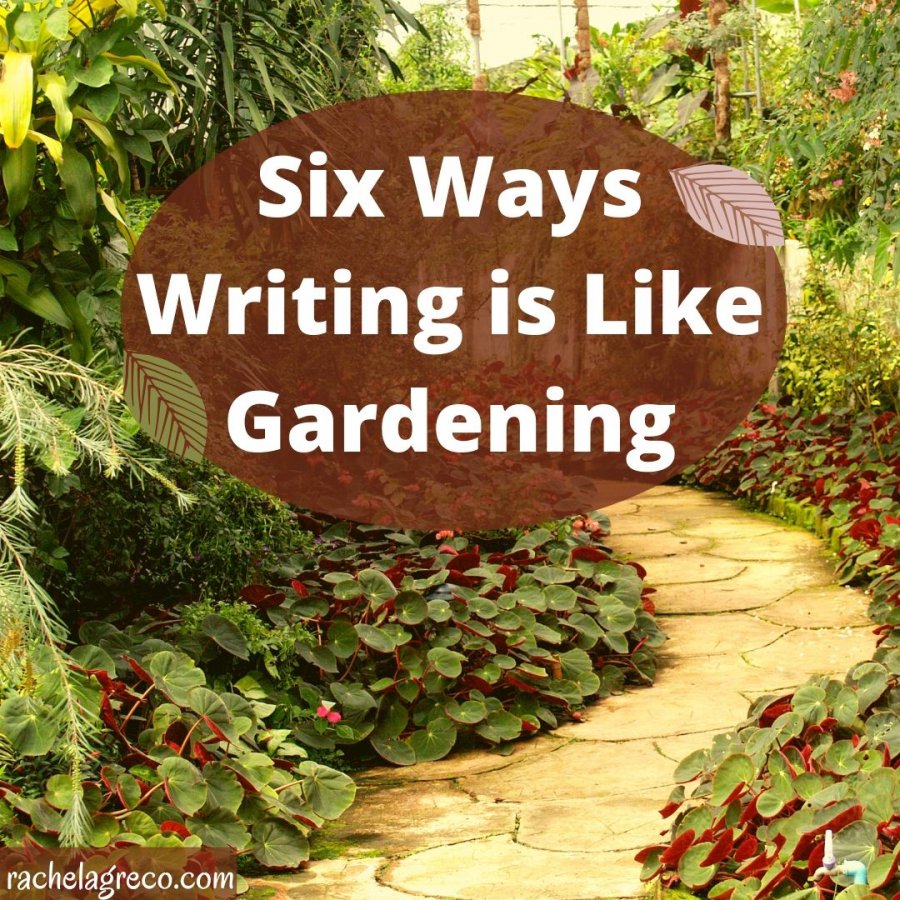
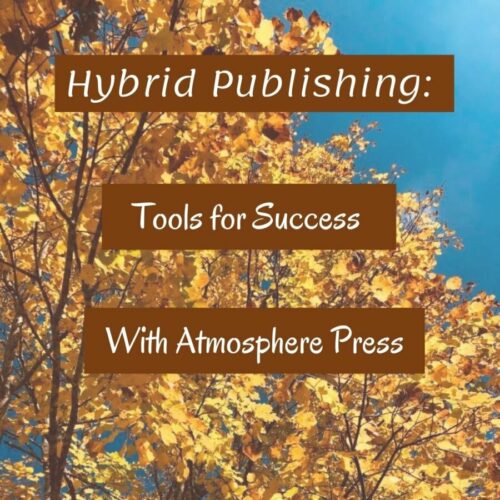

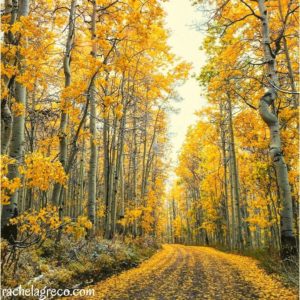
Great post! As someone who enjoys both writing and gardening, I loved each one of these analogies…all so true! This thought especially resonated with me: “if I don’t sit down and write, my story ideas–however grand they may seem in my head–won’t live. They’ll remain sitting in my head, no good to anyone but myself.” Yes! Both plants and books can be hard work to grow…but worth it, especially when they can bless others!
Thank you, Emma! Yes, I hope my words (and flowers ;)) bless others; the point in writing is to communicate, after all.